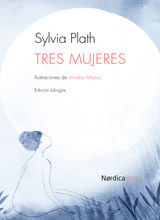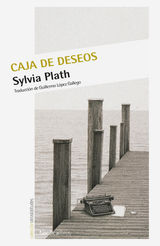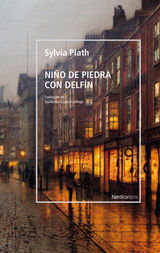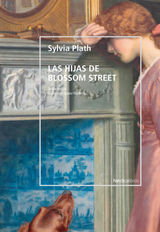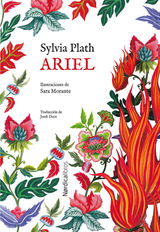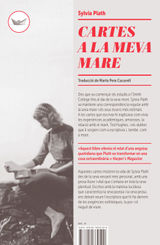
The Bell Jar
Por Sylvia Plath

| Descarga inmediata | |
Formato
ePubProtección
DRMIdioma
InglésAño Lanzamiento
2023Sinopsis
Sylvia Plath's "The Bell Jar" is a semi-autobiographical novel that keenly explores the intricacies of mental illness and societal expectations in 1950s America. Through the voice of its protagonist, Esther Greenwood, Plath crafts a poignant narrative that encapsulates themes of identity, isolation, and the struggle against the suffocating norms imposed on women. The prose is both lyrical and haunting, characterized by sharp wit and vivid imagery that renders Esther'Äôs descent into depression starkly palpable, thus situating the novel within the confessional literature of the era, alongside works by contemporaries like Anne Sexton and Robert Lowell. Plath, an accomplished poet and writer, drew heavily from her own tumultuous experiences in writing "The Bell Jar." Her struggles with mental health, coupled with the pressures of societal conformity and personal expectations, profoundly informed Esther'Äôs journey. Plath's own battles, marked by her intense relationship with her identity as a woman and an artist, lend the narrative an authenticity that resonates deeply, providing insight into the mind of a literary giant grappling with her demons. This seminal work is a must-read for those interested in feminist literature, psychological exploration, and the complexities of human experience. Plath's unflinching portrayal of despair and self-discovery not only illuminates the struggles of the past but continues to reverberate with readers today, making "The Bell Jar" a timeless reflection on the quest for selfhood amidst chaos.
Sylvia Plath
Compatibilidad
El ebook The Bell Jar está en formato ePub y se encuentra protegido con Adobe DRM.
Puedes leer este eBook en los siguientes dispositivos:
- Para leer en tu PC o Mac descarga Adobe Digital Editions y autoriza el programa con una cuenta ID de Adobe
Pc/Mac
- Para leer en tu smartphone descarga Aldiko Next o PocketBook y autoriza tu equipo con tu Adobe ID.
Phone
- Para leer en tu tablet o iPad descarga Aldiko Next o PocketBook y autoriza tu equipo con tu Adobe ID.
Tablet
- Descarga el eBook en tu PC y transfiérelo a tu dispositivo favorito a través de Adobe Digital Editions.
eReader
- En una PC o MAC: Descarga el programa gratuito Adobe Digital Editions y autorízalo con una cuenta ID de Adobe.
- En un smartphone o tablet (iOS o Android): Descarga la app Aldiko Next o la app PocketBook.
- En un lector de libros electrónicos (eReader): Verifica que acepte ebooks con DRM de Adobe.
- Este eBook NO ES COMPATIBLE con Kindle.
Datos del libro
- Editorial:
- Good Press
- ISBN:
- 8596547670896
- Idioma:
- Inglés
- Tamaño:
- Kb
- Fecha de lanzamiento:
- Noviembre 29, 2023
- Protección:
- Adobe DRM
- Géneros:
Ficción General

